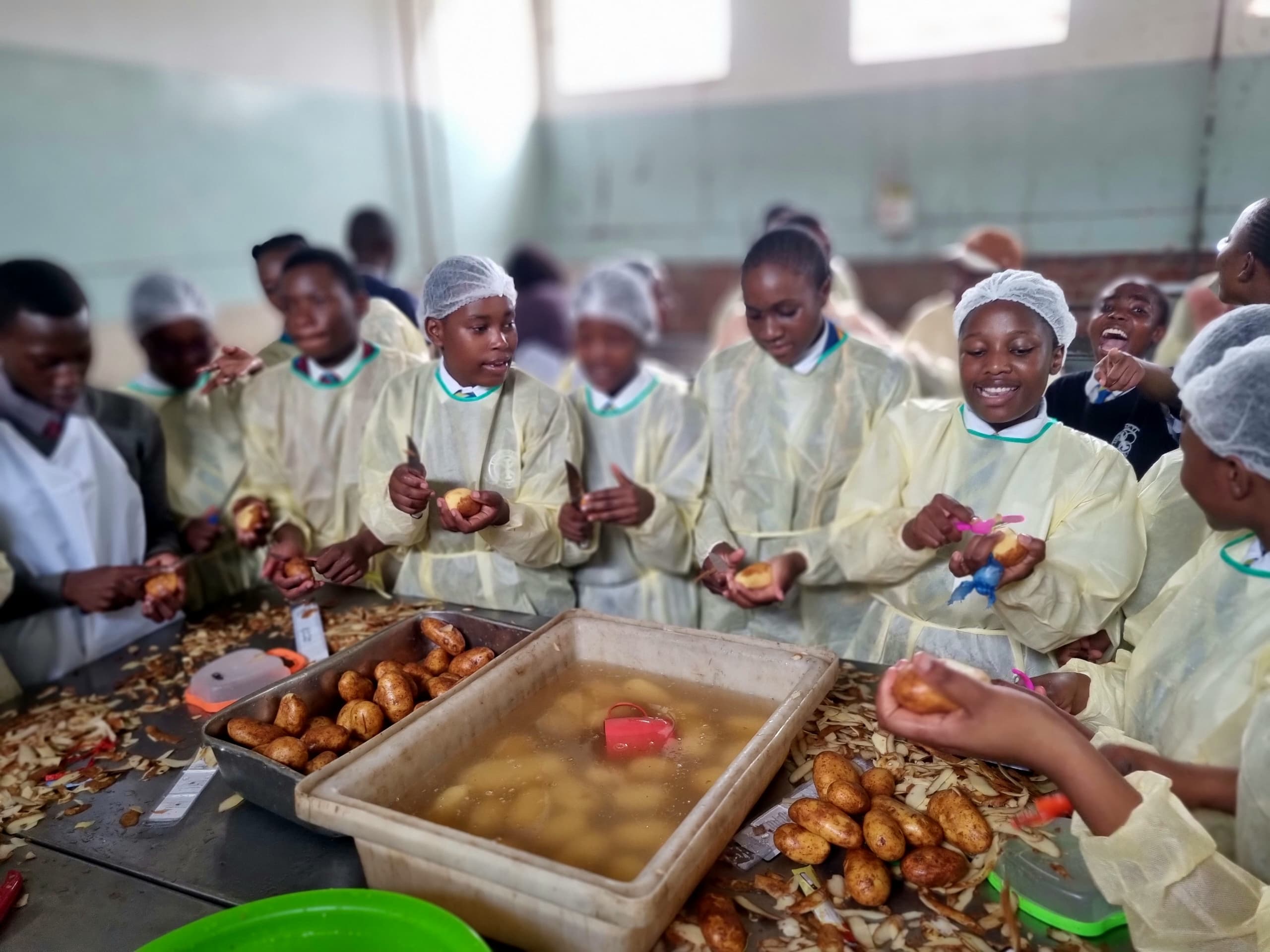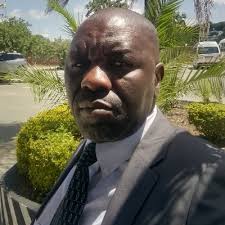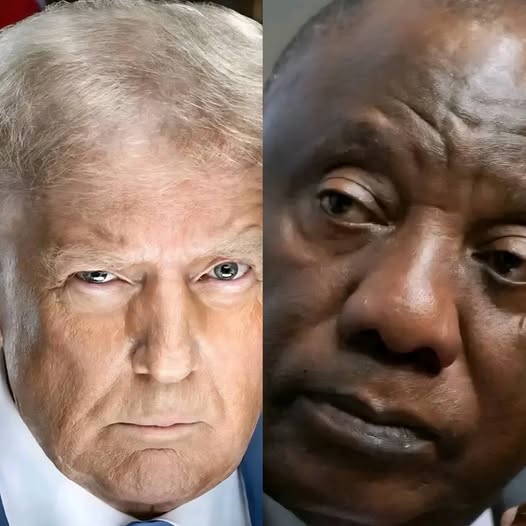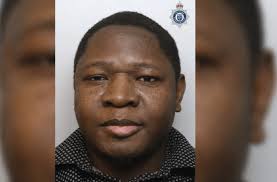
In Zimbabwe, where public healthcare faces severe challenges, a growing number of citizens are turning to traditional healers, highlighting the urgent need for innovative solutions that bridge conventional and modern medicine.
Recent remarks by Health and Child Care Minister Douglas Mombeshora at the opening of the Tait Medical Centre in Rusape revealed that over 60% of Zimbabweans currently seek medical help from traditional practitioners, locally known as n’angas. This trend reflects deep-rooted public distrust in the country’s strained healthcare infrastructure.
Zimbabwe’s healthcare system has been undermined by a prolonged economic downturn, political uncertainties, and chronic underfunding, with less than the recommended 15% of the national budget allocated to health. The shortage of essential medicines, equipment, and skilled personnel exacerbated by the emigration of around 4,000 health workers to better-paying jobs abroad has left public hospitals struggling to meet demand.
Minister Mombeshora stressed the importance of integrating traditional practices with modern medical services to optimize health outcomes. “While traditional healers play an important role in our communities, it is crucial to complement their services with hospital care when necessary,” he said.
Despite these challenges, the government is pushing forward with reforms aimed at revitalizing healthcare delivery. The National Health Insurance Scheme Bill, expected to be tabled in Parliament soon, promises to provide free treatment and access to medicines and diagnostics by 2026, aiming to restore public confidence.
Improvements have been noted in key health indicators, with Zimbabwe no longer classified as a high-burden tuberculosis country and experiencing a decline in malaria cases. Moreover, life expectancy has seen an encouraging rise, now averaging 64 years for men and 68 years for women.
As Zimbabwe navigates this critical phase, fostering collaboration between traditional healers and formal healthcare providers may offer a promising path to enhance service accessibility and quality for all citizens.
end //..








